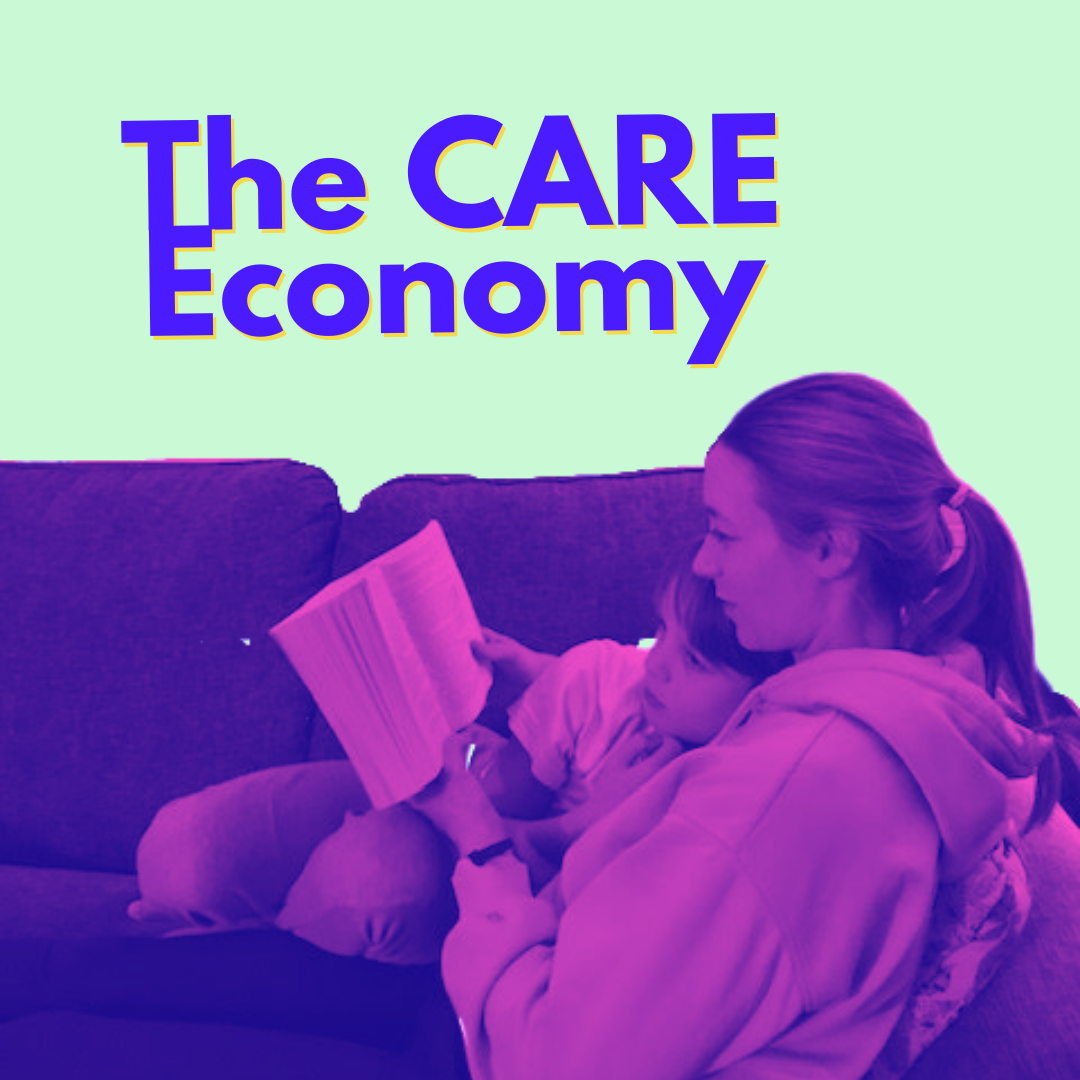What does burnout feel like? What does it look like? What makes it different from stress and how can you fix it? It doesn’t feel great for me to talk about this: it feels like one of my biggest failures, and I’m not sure it reflects well on my professional self. But it is true and real and aligns with my values of transparency and authenticity. The first step to making things better is to talk about them. At the end of this post, you will have insights about the classic symptoms of burnout, workplace issues to watch out for, and some tips about how to start a discussion.
What is burnout?
Let’s start at the beginning - what is burnout exactly? Burnout is by definition job-related, but it does not necessarily come from overworking. Lots of people work crazy hours all the time and still feel motivated and purpose full and energized by their work. This was me, for most of my career in founding and scaling startups - I loved my work and would proudly self identify as a workaholic. Burnout is not caused by stress, which can be expected from time to time in any job, but a long period of work-related stress, coupled with a lack of alignment between work and appreciation. It is more than being tired at the end of the work week, it is a deep mental, physical and emotional exhaustion.
Research around burnout suggests that it is characterized by three main dimensions - exhaustion, cynicism and a decline in professional efficacy.
It’s the kind of stress that you can’t bounce back from after a yoga class or a long weekend. Burnout is an exhaustion so deep, it goes beyond sleep and vacation, it changes your personality, and can take away your will to do even basic things. It hits you when your resilience is down, and once it’s there, it’s very hard to get rid of on your own. Most people recognize it too late, and need to be treated with antidepressants or even hospitalized to begin to heal. I’ve seen people close to me suffer from burnout and always assumed that I knew better than to let it happen to me. But it did - I watched it happen, and could only just save myself with some radical moves before it was too late.
How is burnout caused?
Stress at the workplace does not necessarily correlate to the amount of work - but the conditions under which the work must be done - lack of communication, lack of clarity, lack of appreciation. Work per se, is not the problem if it is accompanied with the feeling of working toward something - meaning and purpose - rather than running on the spot.
Burnout is classified by the WHO as an occupational phenomenon, not a medical condition.
https://www.who.int/news/item/28-05-2019-burn-out-an-occupational-phenomenon-international-classification-of-diseases
In her book ‘Beating Burnout at Work: Why Teams Hold the Secret to Well-Being & Resilience, Paula Davis J.D., M.A.P.P. suggests the following six workplace factors lead to employee burnout.
- Lack of autonomy
- High workload and work pressure
- Lack of leader/colleague support
- Unfairness, arbitrary decision-making
- Values disconnect
- Lack of recognition & feedback



My experience with burnout
My burnout came on the tail of the long process of selling my company Makerist and staying on to manage the post merger integration. I felt a strong sense of stewardship towards the values we had created for the company and the team, and a responsibility to provide my teams with clear communication and goals and a framework within which they could succeed. Psychology Today suggests overachievers are especially prone to burnout because they are used to extended periods of overworking and stress and less likely to see it coming.
The weird thing about me is that even when I knew I was worn out, I did not step back from my work - I threw myself at the problem harder than even, thinking that if only I worked hard enough, I would be able to fix the workplace disconnect. Surely I had the skills to get the clarity I needed to succeed. As a leader - it was my job to fix the problem. As an overachiever - I was also looking to prove my value by doing more for our community and company value and followed big M&A opportunities and community and public health campaigns over evenings and weekends. As a mom - I was dealing with corona lockdown & homeschooling my elementary school kids. I should have known that these things in combination were too much, but I ignored it.
The first time I acknowledged my situation was when a mom friend texted me to organize a playdate for our kids, and I just couldn't reply to her. The simple decisions about the date and time were overwhelming to me. Unfortunately, she texted me the reply she meant to send to her husband which included some really unfavourable messages about me, and I knew she would see this mistake and feel terrible. So I got on the phone and used the words exhaustion and burnout for the first time. This made it real.
I knew I had to change something and worked hard on a plan to change my situation. This didn’t come right away, and it didn’t come easily, but it did come.
If you think this can’t happen to you - you are wrong. If you think you don’t know anyone who is suffering with this at the moment, you are probably wrong.
What does Burnout feel like?
Burnout feels like being really tired over a really long period of time. It is a deep and dragging exhaustion, that makes even simple things feel hard. At one point a resignation or cynicism can set in, and then the simple things can feel even harder - because what’s the point?
Physically, my experience was characterized by an overwhelming feeling of tiredness : this may also have been a post-COVID side effect. Other physical symptoms included: difficulty concentrating, difficulty sleeping, headaches, brain fog, stomachaches. Emotionally my experience was characterized by the following feelings: tired, overwhelmed, frustrated, drained, cynical, irritable, anxiety, negativity.



If you are dealing with some of these symptoms, or recognize them in a colleague or friend, please take action.
How to deal with burnout? Recognize, react, and build resilience.
Health: Take time to reflect honestly about your health - write down how you are feeling, so you can monitor this over time. Note your energy levels and your feelings. I can recommend using the daily planner 'Ein Guter Pan' which is designed to support a wholistic view on health. If you see a prolonged drop in both, please see a medical professional for consultation.
Work: See if there are ways you can bring your work more in line with your values to make it more meaningful. Ask your manager for more frequent feedback, spend more time with colleagues at work who lift you up and support you in your work.
Rest: Stop overglorifying work! Make sure to take your breaks and stop working evenings and weekends - prioritize your off time as highly as your on time. By the time you realize you need more resilience, it can often be too late.
If you notice that a friend or colleague starts acting differently -showing increased signs of cynicism, negativity, lethargy, anxiety or any of the other symptoms listed above, please be a support to them. Be aware, your colleague may be feeling anxious about their performance at work - instead of focusing solely on the problem, consider to also focus attention on positive moments, memories or shared values. Here are some ways to start a conversation :


Want to hear more about my journey from the edge of burnout to optimal health and wellness? This is the next story up! Sign up to the newsletter to get it delivered right to your inbox.






